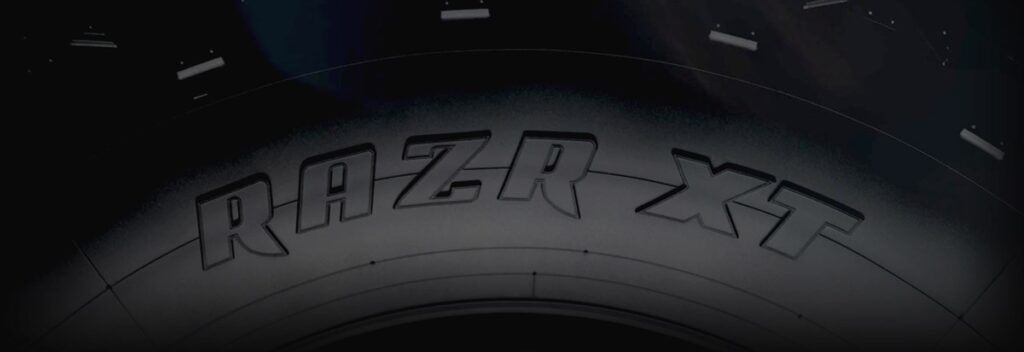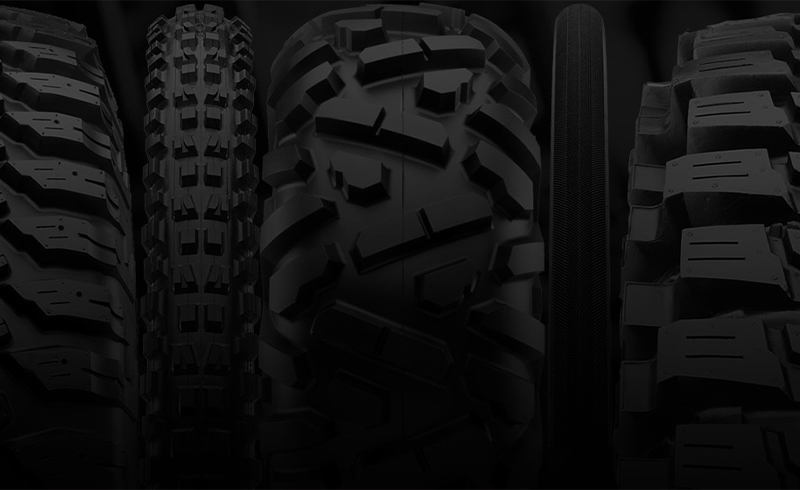Environmental Policy
Because the chances of living on another planet are slim.
Our planet is our home and the only place in the universe where the conditions for our existence are met. We are therefore obliged to manage the earth in the best possible way for future generations.
Maxxis is committed to preserving the environment. Thanks to new technologies, we have developed the “Maxxis Green” tires. These new tire technologies, developed in our company’s R&D centers, relate to both the tread design and the materials used. The result is a range of more eco-friendly Maxxis tires that improve fuel economy and last longer, reducing tire changes. Improvements that deliver significant environmental benefits without compromising the excellent performance you would expect from a Maxxis tire.
In addition to producing “greener” tires, Maxxis is also involved in programs that promote environmental awareness, such as the “Cheer for the Earth” initiative, which focuses on fuel efficiency.
Former NBA basketball player Yao Ming, who was the tallest player in the league when he retired, joined Maxxis officials in 2011 to kick off Maxxis’ Cheer for the Earth initiative . Because correct tire pressure is crucial for fuel consumption, Maxxis has performed free tire pressure checks in more than 1000 locations. More than 150,000 customers took advantage of this promotion, saving an estimated 61,965 tons of CO2.
Maxxis is also committed to responsible entrepreneurship. Minimizing the impact on the environment is an important aspect of this. Most Maxxis factories are ISO 14001 certified; the tires are therefore produced in a clean and environmentally friendly way.
Facts:
Approximately 242 million tires are thrown away in the United States every year. Less than 7 percent is recycled, 11 percent is burned as fuel and 5 percent is exported. The remaining 78 percent is landfilled, stored or illegally dumped. (Source: The Biocycle Guide to Maximum Recycling)
If all tires in the United States and Europe had an inner layer with a 1.5% higher IPR (Inflation Pressure Retention) that would be equivalent to taking off the road 3.2 million light vehicles. (Source: ExxonMobil Chemical Data)
Calculations indicate that if fossil fuel consumption continues to increase worldwide, concentrations of greenhouse gases will continue to rise and temperatures will rise by 2 to 6°C by the end of the 21st century. Some of this warming will happen even if future greenhouse gas emissions are curtailed, because the Earth and the atmosphere have not yet fully absorbed the environmental impacts we are causing. (Source: NASA – Earth Observatory)













